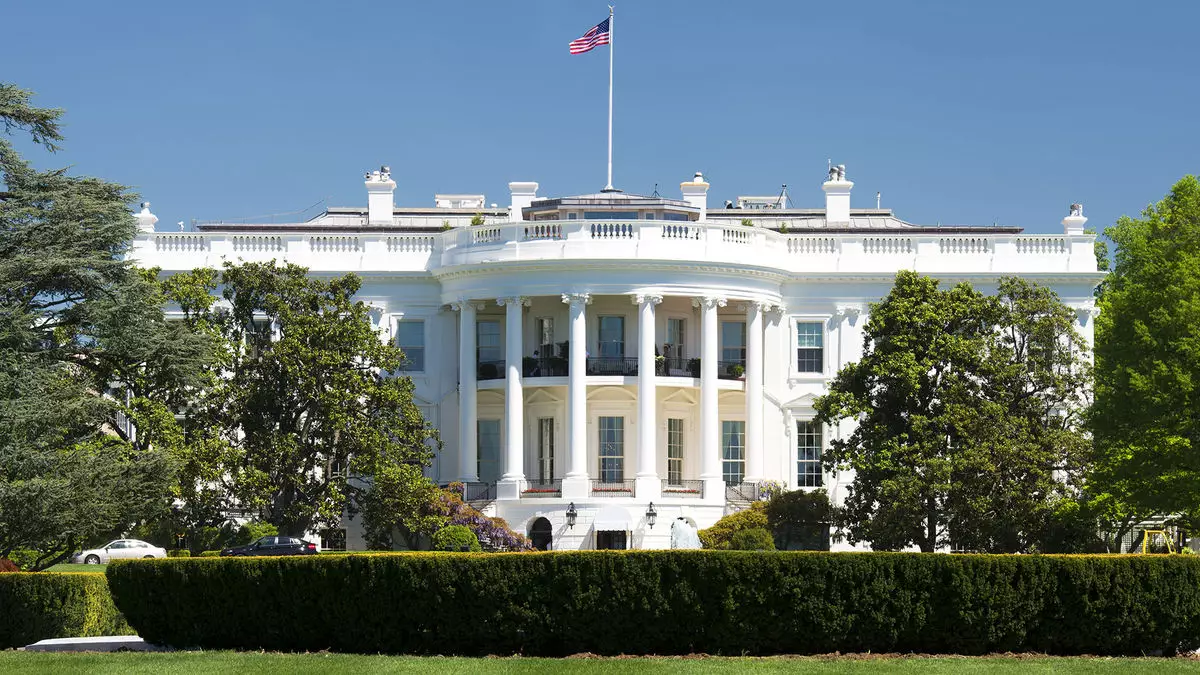The political landscape in Washington is undergoing a revolution following the re-election of President Donald Trump. As the dust settles on a wave of Cabinet appointments and reshuffled leadership on Capitol Hill, many in the travel industry are left wondering what this means for their operations. While the dynamics may shift with each administration, one thing remains clear: the mission of the American Society of Travel Advisors (ASTA) is unwavering.
ASTA’s Core Mission: Advocate for Travel Advisors
Jessica Klement, ASTA’s vice president of advocacy, succinctly sums up the organization’s single-minded focus: advocating for travel advisors. “Administrations change, but our priorities do not,” she asserts, emphasizing that irrespective of who resides in the White House, ASTA will relentlessly champion the interests of travel professionals. This steadfastness, however, doesn’t negate the potential for new opportunities to raise pertinent business issues within a more business-friendly administration.
A Business-Friendly Outlook?
With Trump’s return to the Oval Office, there is speculation regarding how receptive the administration might be to issues crucial to the travel industry. Klement encourages the notion that the upcoming administration presents a fresh opportunity to articulate a business case for policies that were previously dismissed. For instance, during the Biden administration, various initiatives that could benefit travel agencies faced hurdles. However, the current political environment may lend itself to exploring these avenues more favorably.
Though promises of a new administration frequently come with optimism, the core issues affecting the travel agency community persist and will remain a focal point for ASTA’s lobbying efforts. One of the most pressing matters on the agenda is the Department of Transportation (DOT) rule regarding the “merchant of record.” This regulation mandates that the entity identified as the merchant must refund customers in the event of a flight cancellation or significant change.
Travel advisors often find themselves in the crosshairs of this rule, especially when they’re not in possession of the funds. ASTA is poised to push for modifications that clearly state that travel advisors are accountable for refunds only when they have direct access to the airline’s funds. Klement aptly describes this request as a “no-brainer,” advocating the need for the new administration to reconsider rules that burden travel agencies unnecessarily.
Another critical priority for ASTA is the pending Department of Labor overtime rule, which is poised to alter the eligibility for a broader base of employees regarding overtime pay. The salary threshold for guaranteed overtime pay has already seen increases in the past year and is scheduled for another rise come January. Such changes—initially proposed under the Obama administration—were effectively nullified during Trump’s first term. Under the current administration, the implications of these rules could either expand protections for service workers or place an undue financial strain on small business owners within the travel sector.
Monitoring Regulatory Developments
In addition to these pressing issues, Klement underscores that ASTA will remain vigilant regarding the evolving discussions surrounding travel bans and junk fees—components that could dramatically shape consumer experiences in the post-pandemic world. Not to be overlooked, the pursuit of a dedicated travel agency position on the DOT’s Aviation Consumer Protection Advisory Committee is also high on ASTA’s wish list. This representation would ensure the unique challenges faced by travel advisors are directly addressed in policy-making circles.
Encouraging Engagement with Legislators
Klement encourages ASTA members to take an active role in engaging with their newly elected representatives. Tactical outreach—like sending congratulatory emails—can cultivate relationships and keep travel issues in the minds of lawmakers. The underlying belief is that proactive communication fosters an environment where travel advisors can participate in shaping policies that affect their profession.
As the new Trump administration gets into gear, the travel industry stands at a crossroads brimming with both challenges and opportunities. The steadfast resolve of advocates like ASTA ensures that the voices of travel advisors are not just heard but considered. In this new political era, navigating regulatory hurdles while fostering productive dialogue with lawmakers will be crucial for the future of travel advisory services in the United States.

